Car recalls can be a thorn in the side of automakers and car owners alike. Some vehicles have been recalled multiple times, causing headaches and financial burdens. Here are eight cars that have faced more than one recall, highlighting the challenges automakers face in maintaining safety and reliability.
Ford Explorer
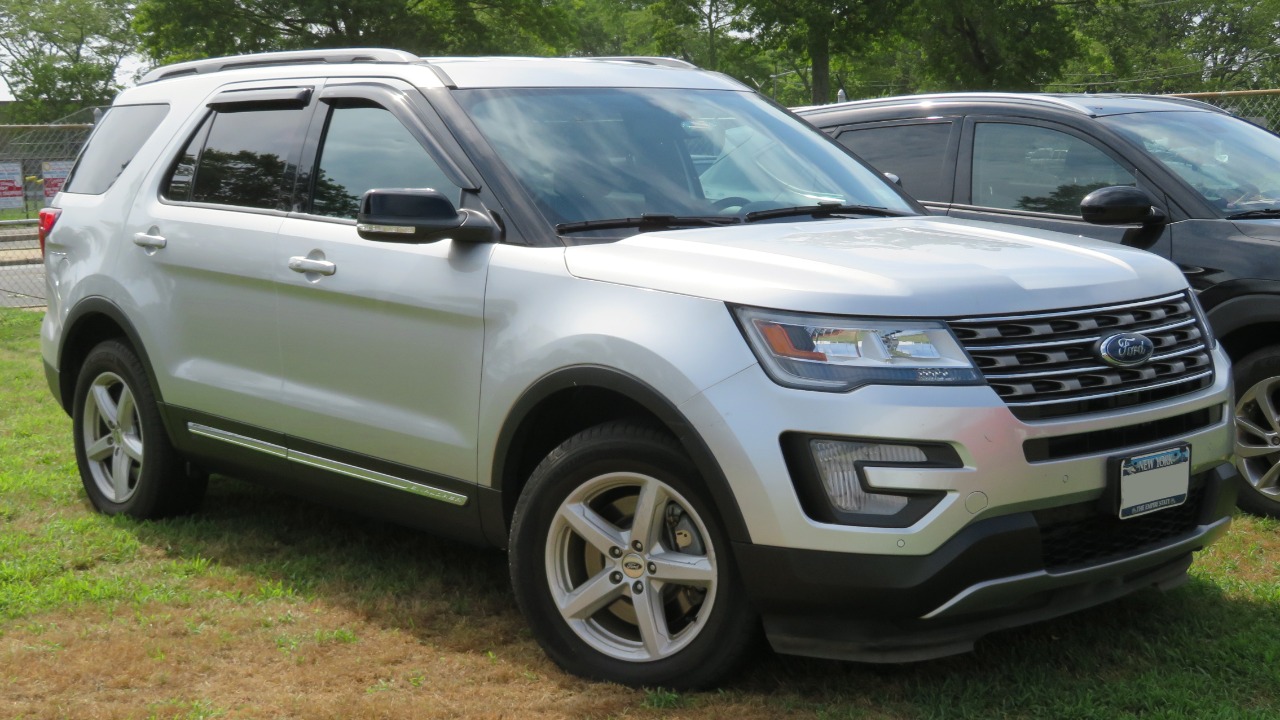
The Ford Explorer has had its fair share of recalls over the years. Notably, the 2011-2013 models were recalled due to steering issues which could lead to a loss of control. Another significant recall affected the 2013-2017 models, where a suspension issue increased the risk of crash. Despite being a popular SUV, these recurring problems have prompted Ford to enhance its quality control measures to improve the Explorer’s reliability and safety.
Owners of the Ford Explorer have often found themselves returning to the dealership for repairs. This can be frustrating, especially for those who rely on their vehicles for daily commutes or family trips. Ford’s commitment to addressing these issues is evident in their continuous efforts to rectify the problems and ensure customer satisfaction.
Toyota Camry
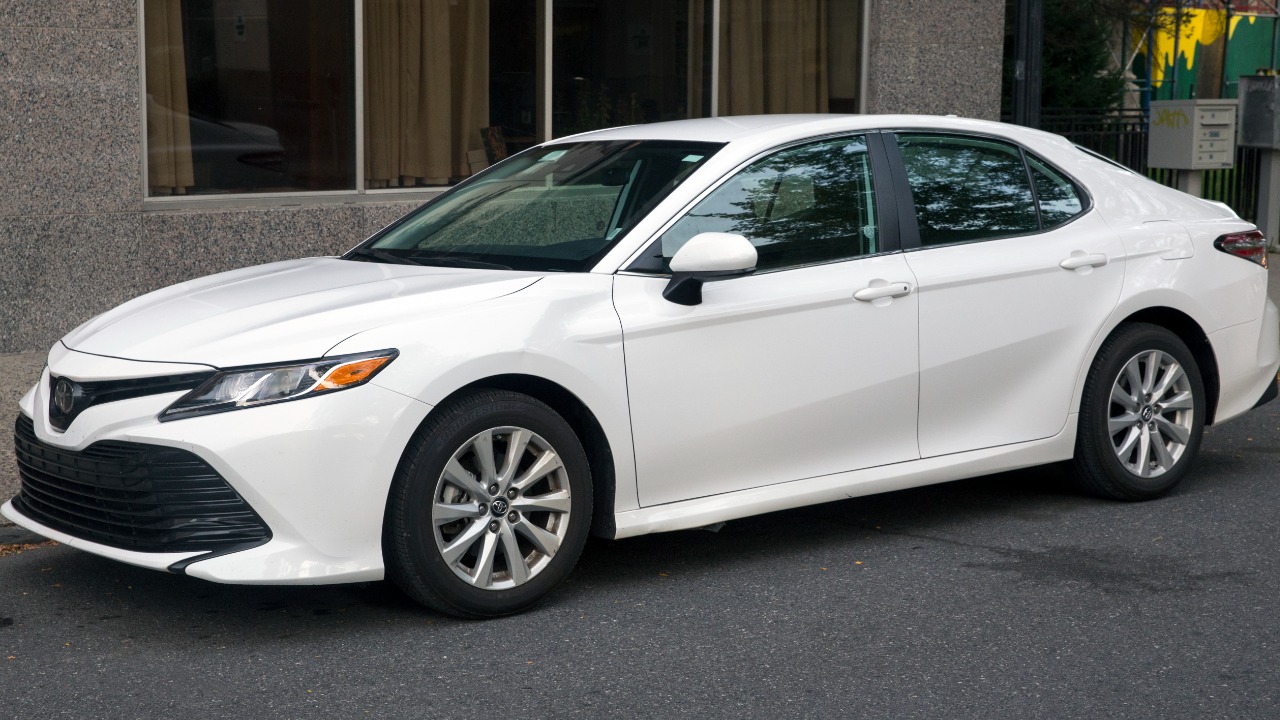
Toyota’s Camry, known for its reliability, has also been subject to multiple recalls. One of the most significant recalls affected the 2007-2011 models due to unintended acceleration issues, linked to floor mat interference. Another recall targeted the 2018-2019 models due to faulty fuel pumps that could lead to engine stalls. These recalls have underscored the importance of rigorous testing and quality assurance processes.
Despite these setbacks, the Toyota Camry remains a favorite among car buyers. With each recall, Toyota has taken proactive steps to address the problems, reinforcing its reputation for customer care and vehicle safety. The brand’s dedication to continuous improvement helps maintain consumer trust.
Chevrolet Cobalt
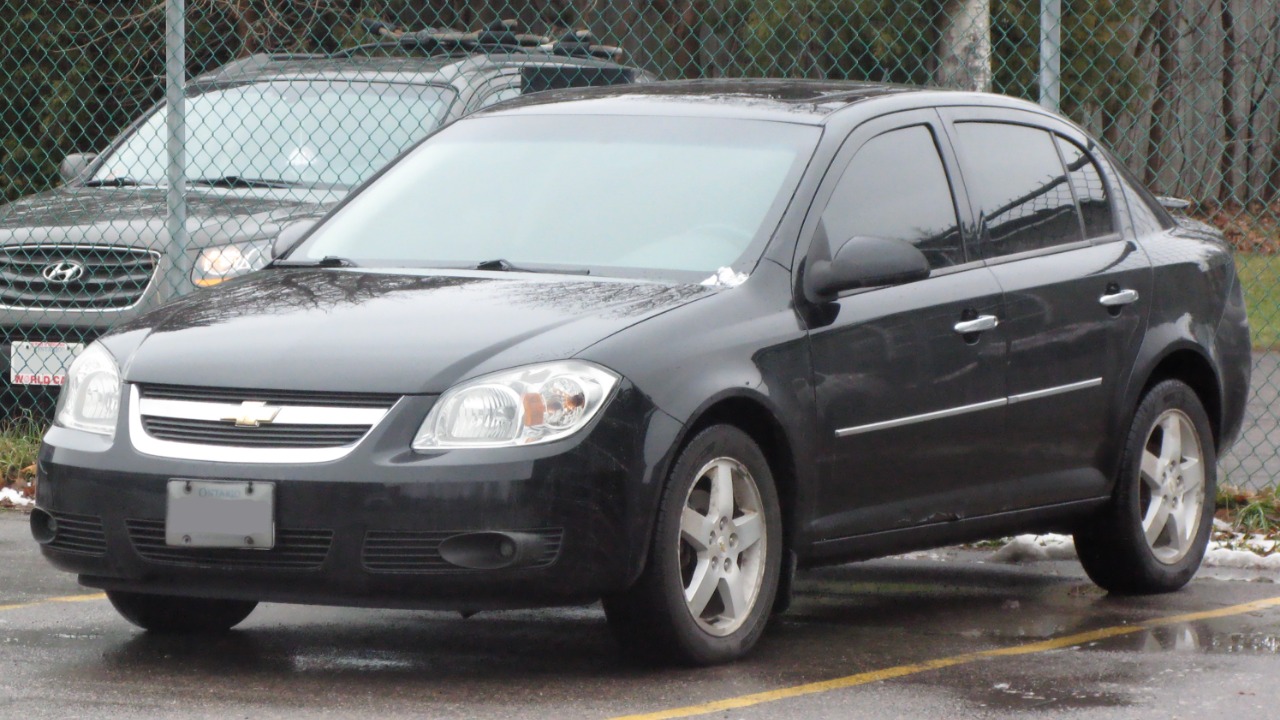
The Chevrolet Cobalt gained notoriety for its involvement in a massive recall due to defective ignition switches. This issue, affecting models from 2005-2010, could cause engines to shut off unexpectedly, disabling airbags and other critical systems. The recall expanded over time, highlighting the complexities of managing such widespread defects.
General Motors faced significant scrutiny for its handling of the Cobalt’s issues, which led to a comprehensive review of its quality control processes. The Cobalt’s recalls serve as a reminder of the importance of safety standards and the potential consequences of oversights in vehicle manufacturing.
Honda Accord
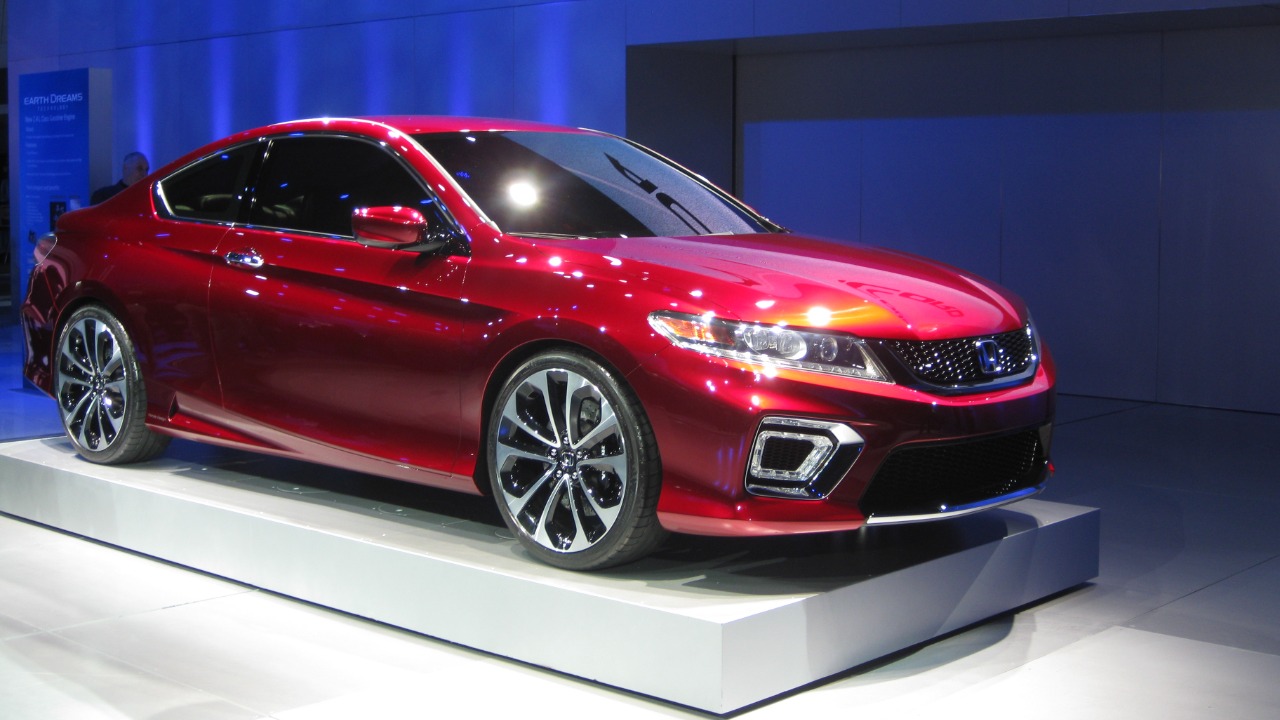
The Honda Accord has been a staple in the automotive market for decades, but it hasn’t been immune to recalls. The 2003-2007 models were part of a massive recall due to defective airbags, which could deploy unexpectedly or fail to deploy in the event of a crash. Another issue that plagued the Accord was a transmission defect in the 2011-2012 models, leading to unexpected downshifts.
Honda has been proactive in addressing these problems, often notifying owners promptly and providing necessary repairs at no cost. This approach has helped maintain the Accord’s reputation as a reliable and safe option for consumers, despite the challenges posed by multiple recalls.
Jeep Grand Cherokee
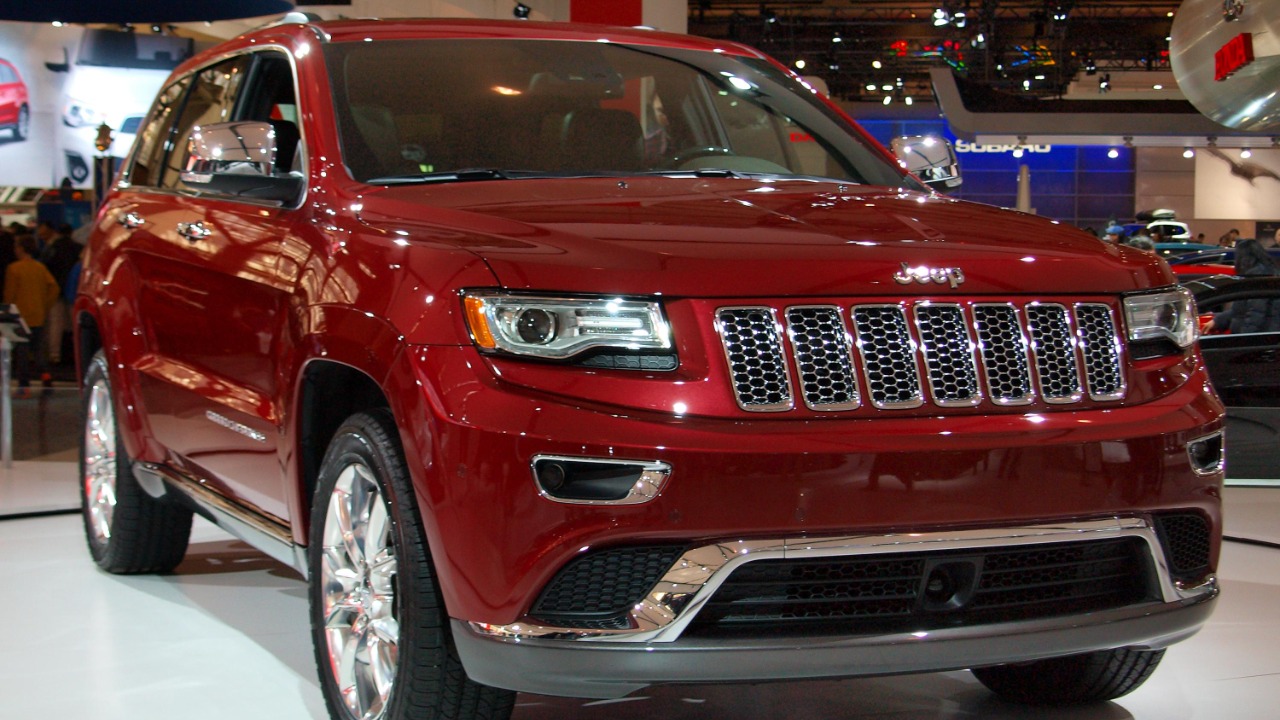
The Jeep Grand Cherokee, a favorite among SUV enthusiasts, has experienced several recalls over the years. Notably, the 2011-2013 models were recalled for issues related to the brake booster, which could become waterlogged and reduce braking performance. Another recall addressed the 2014-2015 models, where the electronic gear shifter could confuse drivers, increasing the risk of rollaway incidents.
These recalls have prompted Jeep to enhance design and testing processes, aiming to deliver vehicles that meet high safety standards. The company’s commitment to resolving these issues demonstrates its dedication to customer safety and satisfaction.
BMW 3 Series
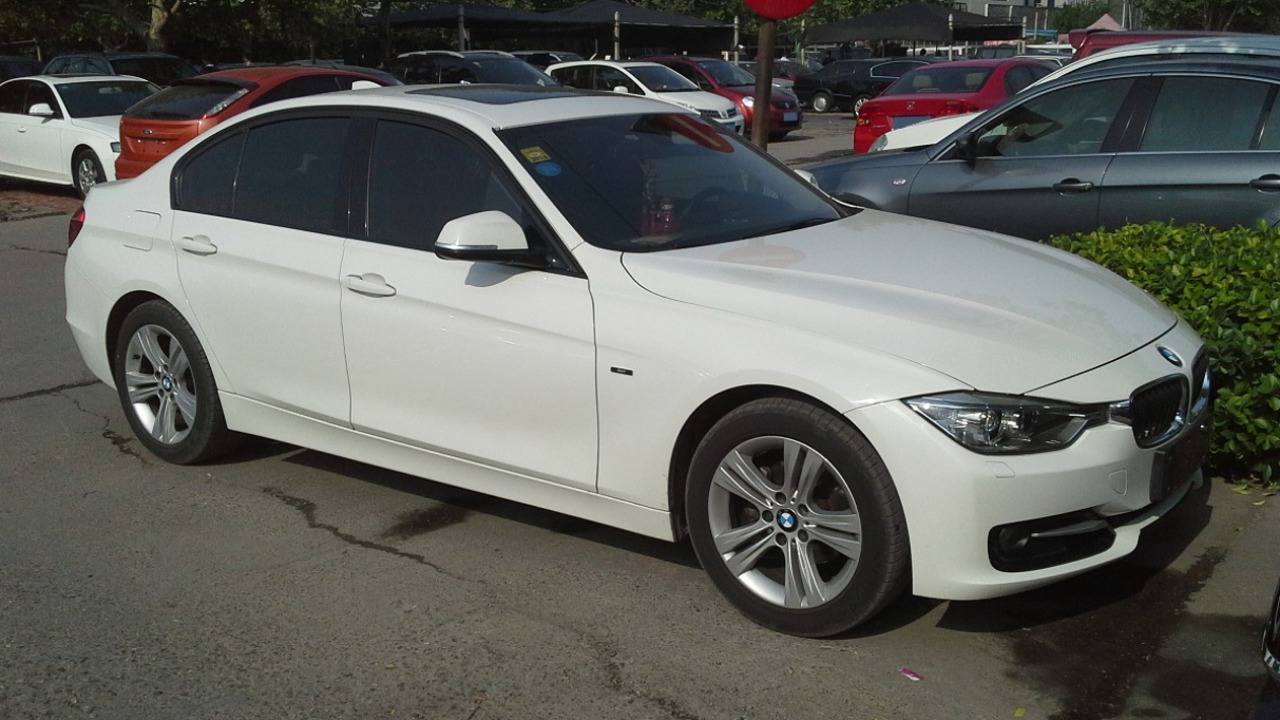
The BMW 3 Series, known for its performance and luxury, has not been exempt from recalls. The 2006-2011 models were recalled due to faulty airbags as part of the widespread Takata airbag recall. Additionally, the 2012-2014 models faced issues with the fuel system that could lead to engine stalling, posing a safety risk.
BMW has taken steps to address these concerns, offering repairs and replacements to affected vehicles. Despite these challenges, the 3 Series remains a popular choice due to its blend of performance, style, and driving dynamics. The recalls highlight the ongoing need for stringent quality checks and improvements in manufacturing processes.
Nissan Altima
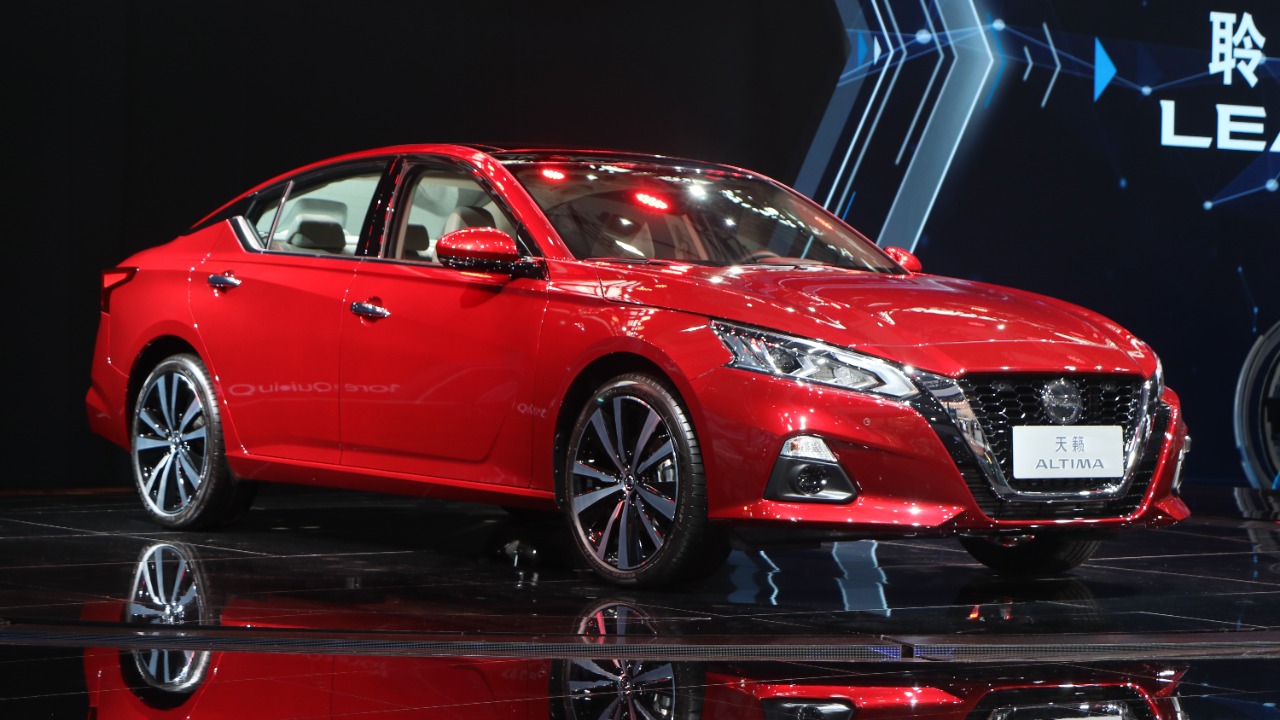
The Nissan Altima has experienced multiple recalls, particularly in its 2013-2015 models, due to a hood latch failure that could cause the hood to unexpectedly open while driving. Another significant recall targeted the 2016-2018 models, where a rear door problem could result in doors opening while the vehicle was in motion.
Nissan has been diligent in addressing these issues, working to ensure that its vehicles meet safety standards and provide peace of mind to drivers. The Altima’s recalls serve as a reminder of the constant vigilance required in the automotive industry to maintain high levels of safety and quality.
Volkswagen Jetta
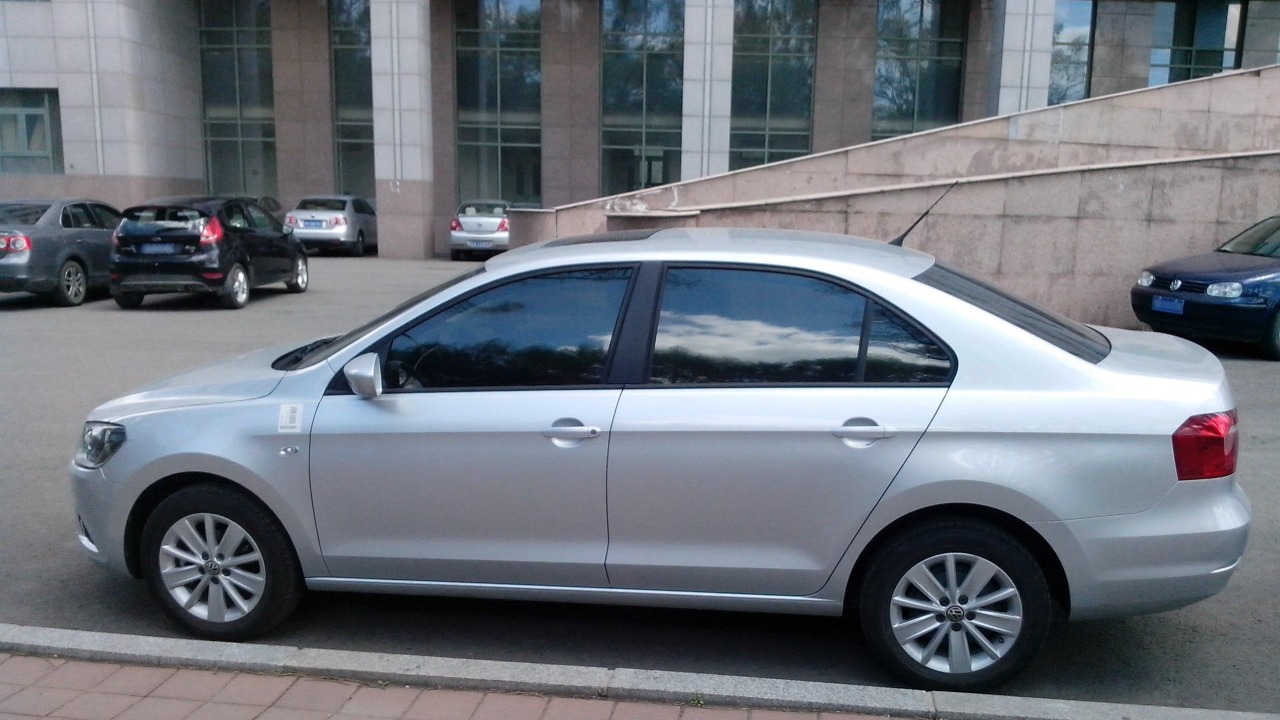
The Volkswagen Jetta, a popular compact car, has faced several recalls over the years. The 2010-2013 models were affected by a recall related to the failure of the DSG transmission, which could lead to sudden loss of power. Another recall involved the 2011-2013 models, due to issues with fuel leaks that posed a fire risk.
Volkswagen has worked to address these issues, implementing changes in design and manufacturing to prevent future occurrences. The Jetta’s recalls highlight the importance of ongoing improvement and adaptation in the automotive sector, ensuring that vehicles remain safe and reliable for consumers.